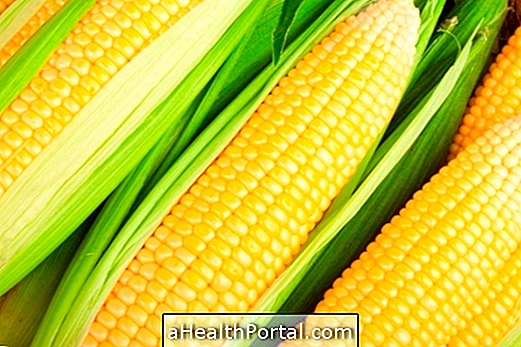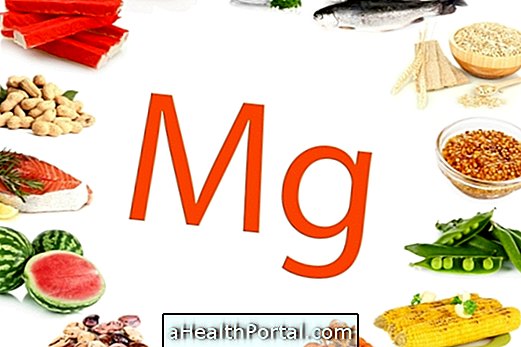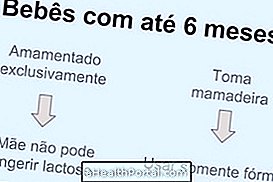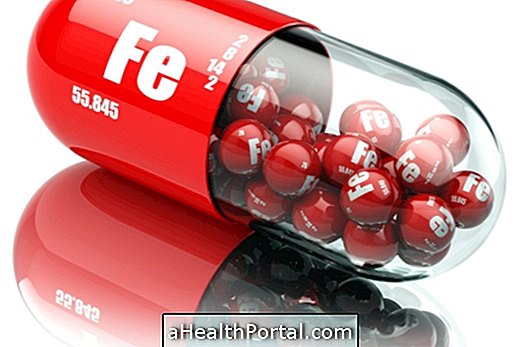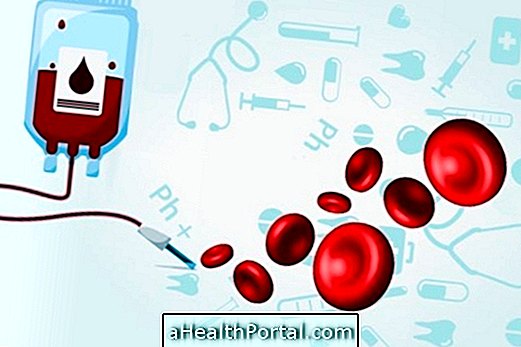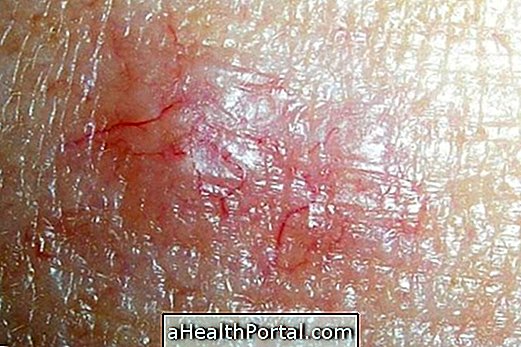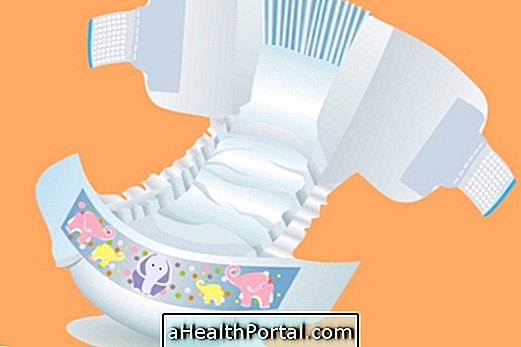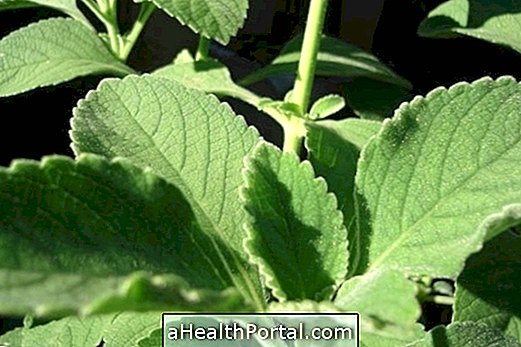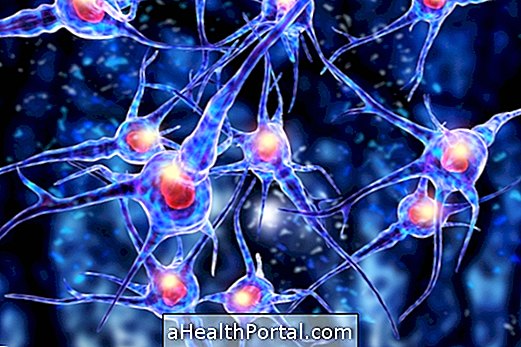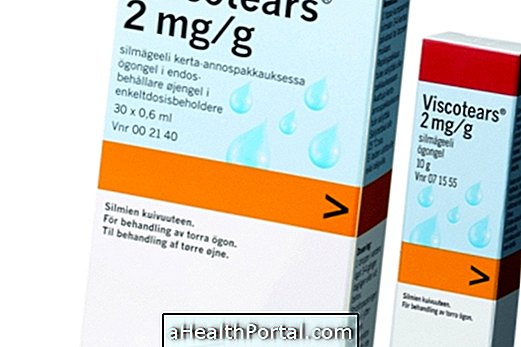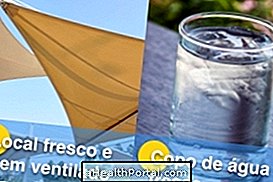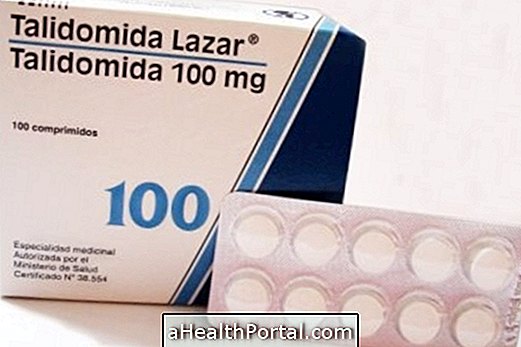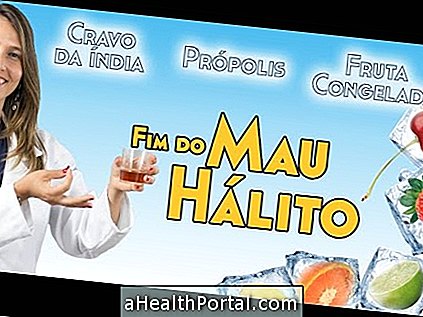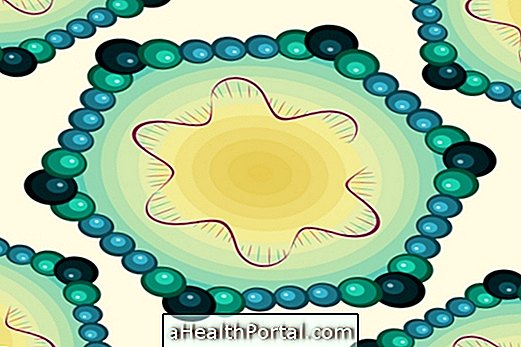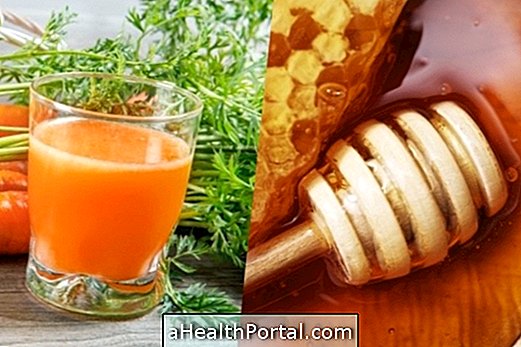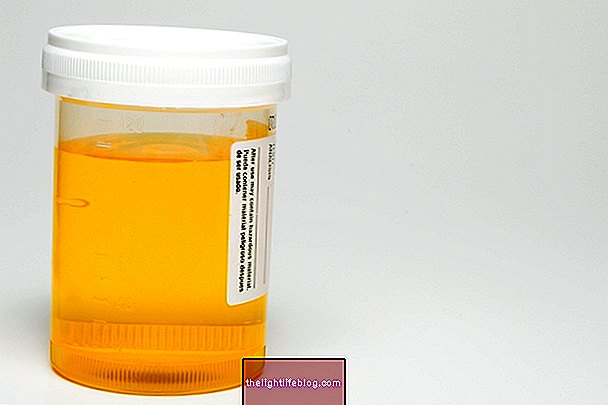The diet for people with kidney stones should be low in salt and protein and fairly high in liquids. To check if you are ingesting enough water, pay attention to the urine which should be clear, clear and without strong odor.
There are several types of renal calculi and treatment may vary according to each type, with calcium-based calcium oxalate being the most common. Excess consumption of foods rich in oxalates or calcium, for example, favors the appearance of this type of stone.
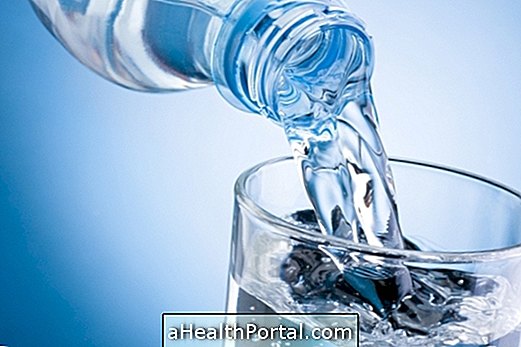
Foods allowed
The foods indicated for renal calculus are mainly the rich ones in water, that allow to increase the amount of liquids and to dilute the urine, avoiding the formation of crystals and calculations. The recommended is to drink between 2 and 3 liters of water per day.
The diet should be based on fresh foods, rich in vegetables, vegetables and good fats such as nuts, almonds, nuts, olive oil and fish such as tuna, sardines and salmon. In addition, dietary supplements should only be used as recommended by your doctor or dietitian. Here's how to get the full treatment for kidney stones.
Foods that should be avoided

Foods that are not recommended for kidney stones are:
- Rich in oxalate: peanuts, rhubarb, spinach, beets, chocolate, black tea, sweet potatoes, coffee and cola-based soft drinks;
- Salt and sodium-rich foods such as diced spices, soy sauce, English sauce, fast food, frozen ready-made food
- Protein in excess, being necessary to have orientation of the nutritionist to use protein supplements;
- Processed meats such as sausage, sausage, ham and bologna;
- Vitamin C supplements ;
- Calcium supplements .
One good tip to avoid kidney stone formation is to cook the oxalate-rich vegetables twice by throwing away the water from the first baking.
Diet Menu for Kidney Stones
The following table provides the example of a 3-day menu for kidney stones:
| Meal | Day 1 | Day 2 | Day 3 |
| Breakfast | 1 glass of pineapple juice with mint + whole-wheat sandwich with cheese | stone-breaker tea + 1 tapioca with egg and chia | 1 glass of natural yogurt + 1 tablespoon of honey + omelette with 2 eggs, tomato and oregano |
| Morning snack | 1 glass of coconut water | 1 apple + 15g of cranberry | 1 glass of green juice with cabbage, ginger, lemon and coconut water |
| Lunch | 5 tablespoons of rice + 2 tablespoons of beans + 100g of beef steak + stewed vegetables in olive oil | 3 fork noodles + tuna with tomato sauce with basil + green salad | chicken soup with carrot, chuchu, chopped cabbage, potatoes and onion + 1 strand of olive oil |
| Afternoon snack | 1 natural yoghurt + 1 tablespoon cranberry | avocado vitamin | 2 roasted bananas with 2 slices of cheese + cinnamon to taste |
Cranberry is a red fruit widely used to treat kidney stones and urinary tract infection. Know all the properties of this fruit.
Other important information on kidney stones
The most suitable doctor to treat kidney stones is the nephrologist, who may appoint a dietitian to adapt the diet and complete the treatment, also avoiding the formation of new stones.
People who have cases of kidney stone in the family or who have had kidney stones in their lives should always have a doctor-and nutritionist-oriented diet in order to avoid the appearance of more problems.
Watch a video where our nutritionist explains what should be the diet for each type of stone:

